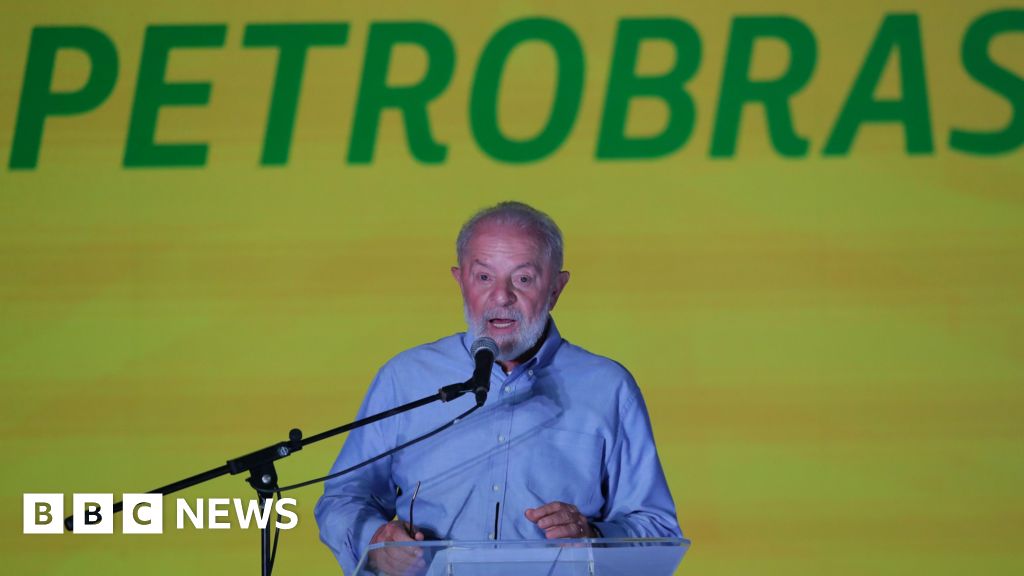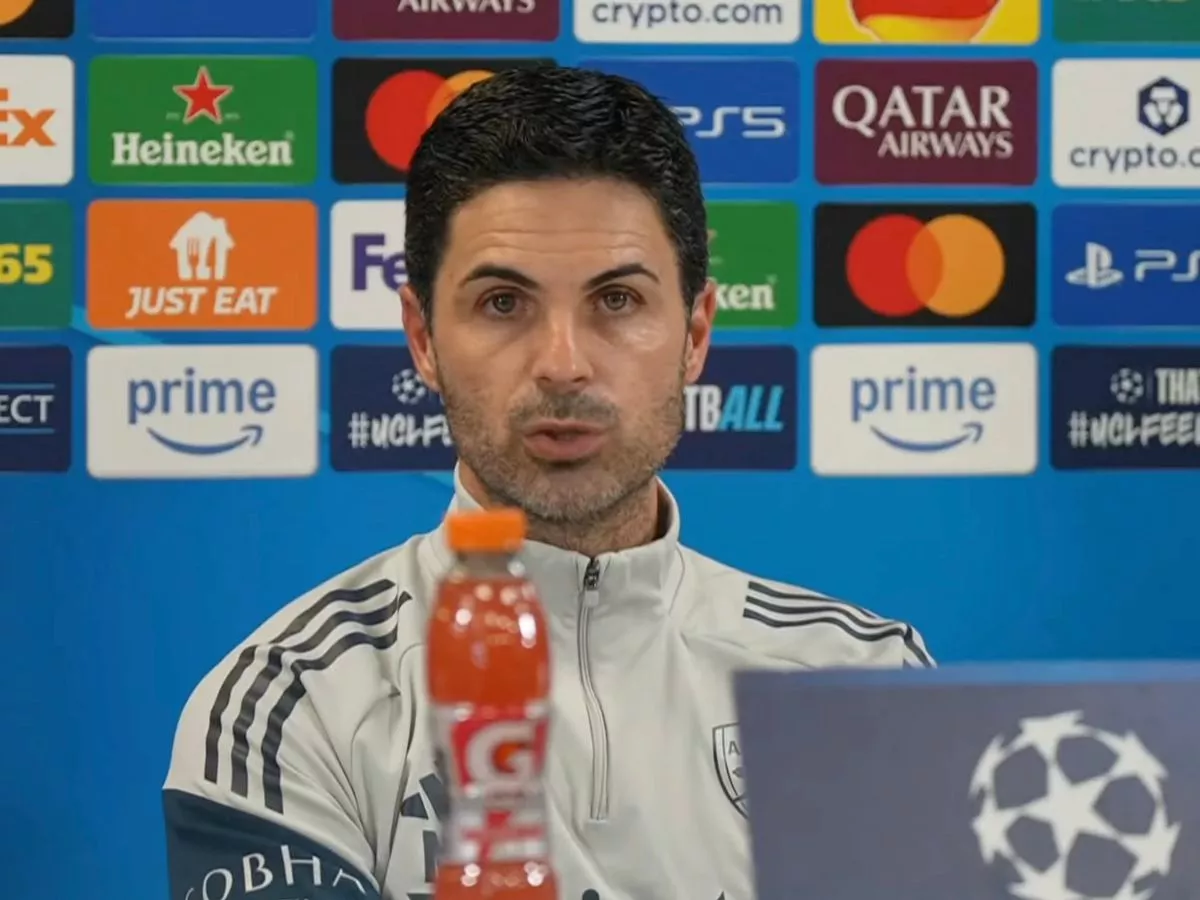Copyright bbc

Groups such as Greenpeace have also raised concerns it could undermine Brazil's climate leadership ahead of hosting the COP30 climate summit in the Amazonian city of Belém in November. The International Energy Agency has also been clear that no new oil projects should be approved if the target of net zero global emissions is to be reached by 2050. Petrobras said in a statement that drilling was scheduled to begin "immediately" and that it would last for five months. The company is seeking to assess whether there is oil and gas in the area on an economically viable scale. It would not produce oil commercially at this stage. Brazil's environment minister, Marina Silva, has opposed oil exploration in the Amazon region. But the South American nation's President Lula da Silva has supported it for economic reasons and recently defended his stance. Lula told the BBC in September: "Brazil is a country that has oil. And possibly we have oil in the Equatorial Margin, and we are making surveys. We're following the law strictly." He said that if there was a problem or an oil spill, then "we will be the ones that are liable and responsible to take care of the problem, if it comes". He added: "I am totally in favour of a world one day that will not need any more fossil fuels, but this moment has not come yet. "I want to know [of] any country on the planet that is prepared to have an energy transition and can give up fossil fuels." Other international oil companies, including Exxonmobil and Chevron, have bought "blocks" in the Amazon region and are awaiting licences to explore. Petrobras said it was committed to ensuring the country's "energy security and the resources needed for a just energy transition". It added that the company was able to "demonstrate the robustness of the entire environmental protection structure that will be available during drilling".



